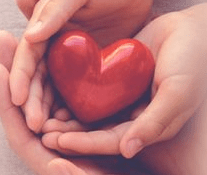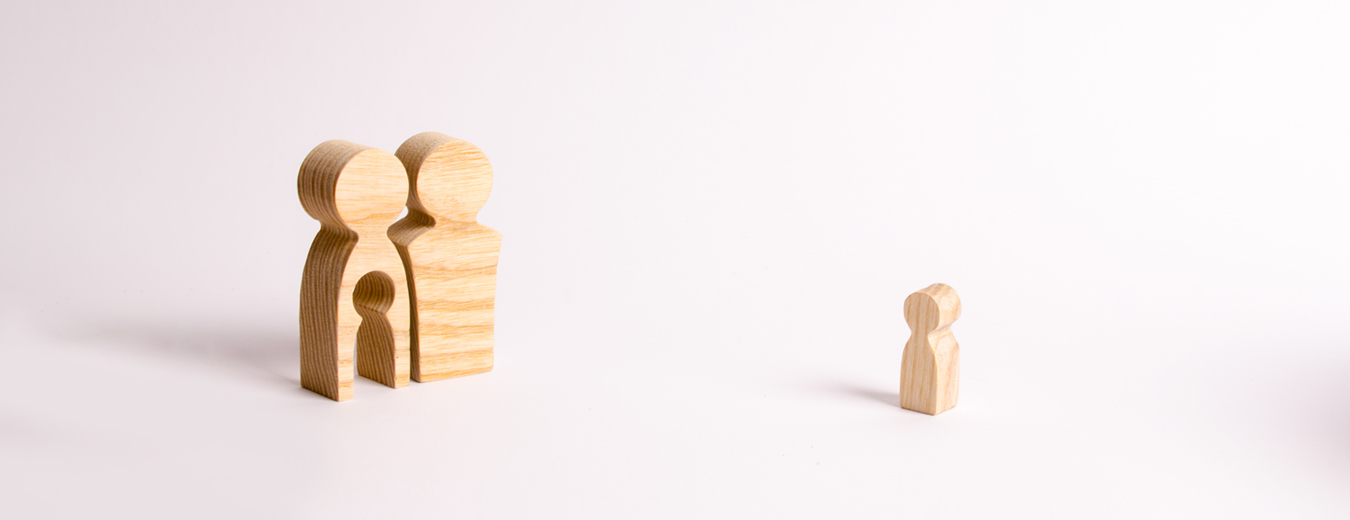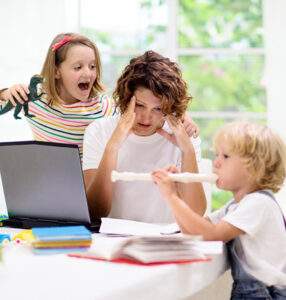
We all grapple with self-identity and complex family ties. Children conceived in nontraditional ways deal with distinctive needs and concerns, as do their loving parents.
Personal discovery is a natural part of life. Donor-conceived individuals sometimes struggle with self-identity and family ties. Single moms or couples who used donors to conceive also struggle with issues related to conceiving and parenting.
As a professional therapist, I have helped hundreds of families grappling with the dynamics of parenting a donor-conceived child.
When is counseling helpful for parents of a donor-conceived person?
Counseling helps families of donor-conceived people at any time, even when the children are still infants. Donor conception brings up many questions and emotions that counseling can help you work through.
Fears and concerns of parents
If you used a donor to conceive a child, you might struggle with when and how to tell your offspring: at a young age, or older? You might contend with confusing feelings about wanting to appear like a “normal” family.
You may worry about whether your bond with your child will be different or damaged because of the circumstances of their conception, worrying that your mutual love will somehow change when they know.
Donor conception, like adoption, can complicate the traditional notions of family.
Counseling helps.
Dealing with the struggles of donor-conceived children
Those people conceived through sperm or egg donation often wonder how (and to whom) to bring up their genetic and medical history questions. They may worry about upsetting their parents or prying into private stories by asking how the donor situation came about.
Children and adolescents frequently wonder about who the donor is or if they have possible donor siblings or half siblings. They may also feel lonely and different from their biological half siblings in your own family.
Counseling can help you as a parent and help your child.
If you are struggling to cope, feeling lost or confused, or need some advice on disclosing the truth or asking a difficult question, I invite you to make an appointment to talk with me.
I am open to family counseling as well as individual therapy.
How can donor-conceived counseling help parents and their children?
If you decide to share your journey with me, I will be your confidante and guide, a supportive companion with the insight and tools to help you grow stronger and more at peace within yourself and your family as you develop more positive feelings.
I help parents or family members of donor-conceived children who might struggle with when and how to talk to their children about their origins. My therapy can also help if you have a problematic relationship with your adolescent or young adult who is having a crisis about their relationships. I can also help if you are having challenges parenting your donor-conceived younger child.
Those who become parents by nontraditional methods often encounter feelings of inadequacy, loss, and grief themselves, as well as relationship issues with their partners related to being parents.
I can also greatly assist donor-conceived individuals, especially your adolescents and young adult offspring, through shifting family relationships and feelings like pain, confusion, and anxiety. Counseling can help them cope with overwhelming emotions and regain a stronger sense of self.
Connect with me for counseling for donor-conceived people and their families
If you are coping with the emotional impact of donor conception, let me help you work through the intense emotions, confusion, and questions. Together, we can overcome the obstacles and bring positive change into your life.
Let’s address your questions together.
Let me help you develop the best plan for your donor family.
After three decades of helping donor families, I know I can help you.
I can help as you go through the fertility process, talk with other people in your life, and as your child grows.




